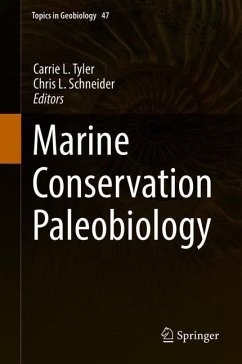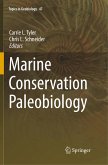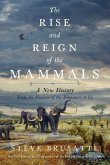This volume describes and explores the emerging discipline of conservation paleobiology, and addresses challenges faced by established and young Conservation Paleobiologist's alike. In addition, this volume includes applied research highlighting how conservation paleobiology can be used to understand ecosystem response to perturbation in near and deep time. Across 10 chapters, the book aims to (1) explore the goals of conservation paleoecology as a science, (2) highlight how conservation paleoecology can be used to understand ecosystems' responses to crises, (3) provide case studies of applications to modern ecosystems, (4) develop novel applications of paleontological approaches to neontological data, and (5) present a range of ecosystem response and recovery through environmental crises, from high-resolution impacts on organism interactions to the broadest scale of responses of the entire marine biosphere to global change. The volume will be of interest to paleoecologists, paleobiologists, and conservation biologists.
Bitte wählen Sie Ihr Anliegen aus.
Rechnungen
Retourenschein anfordern
Bestellstatus
Storno








